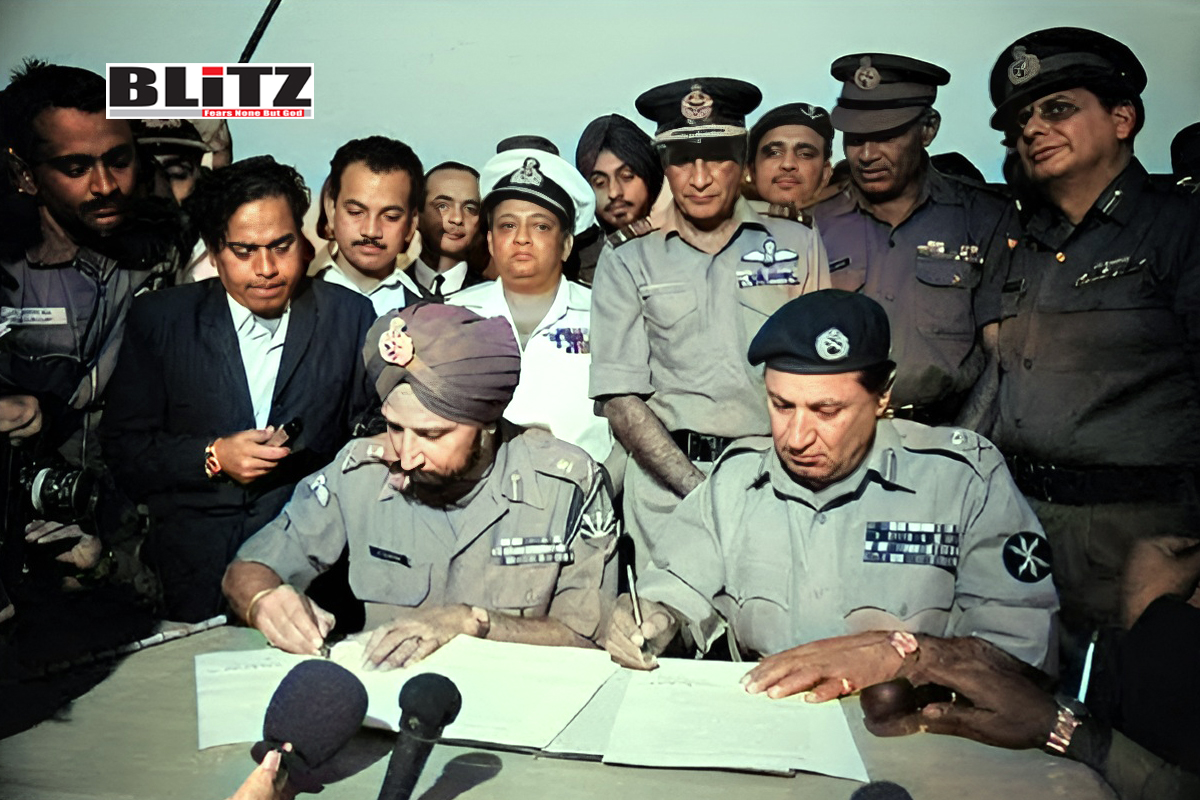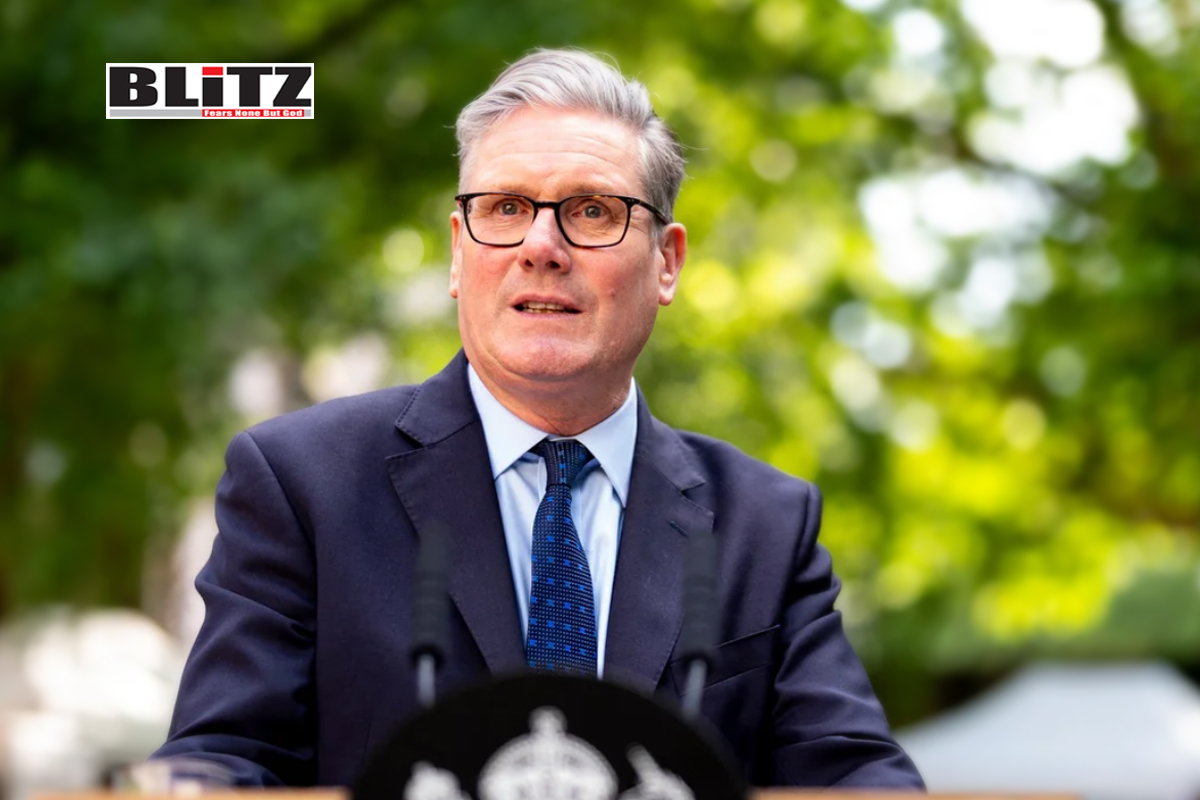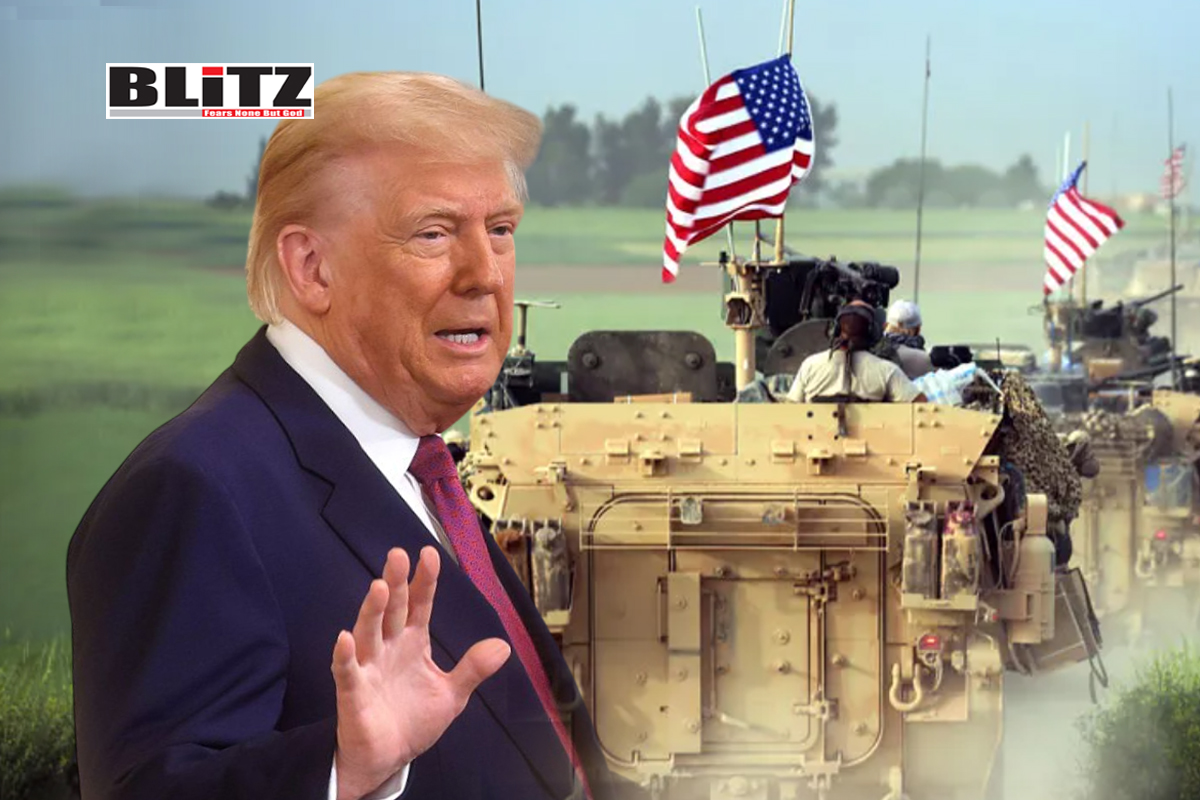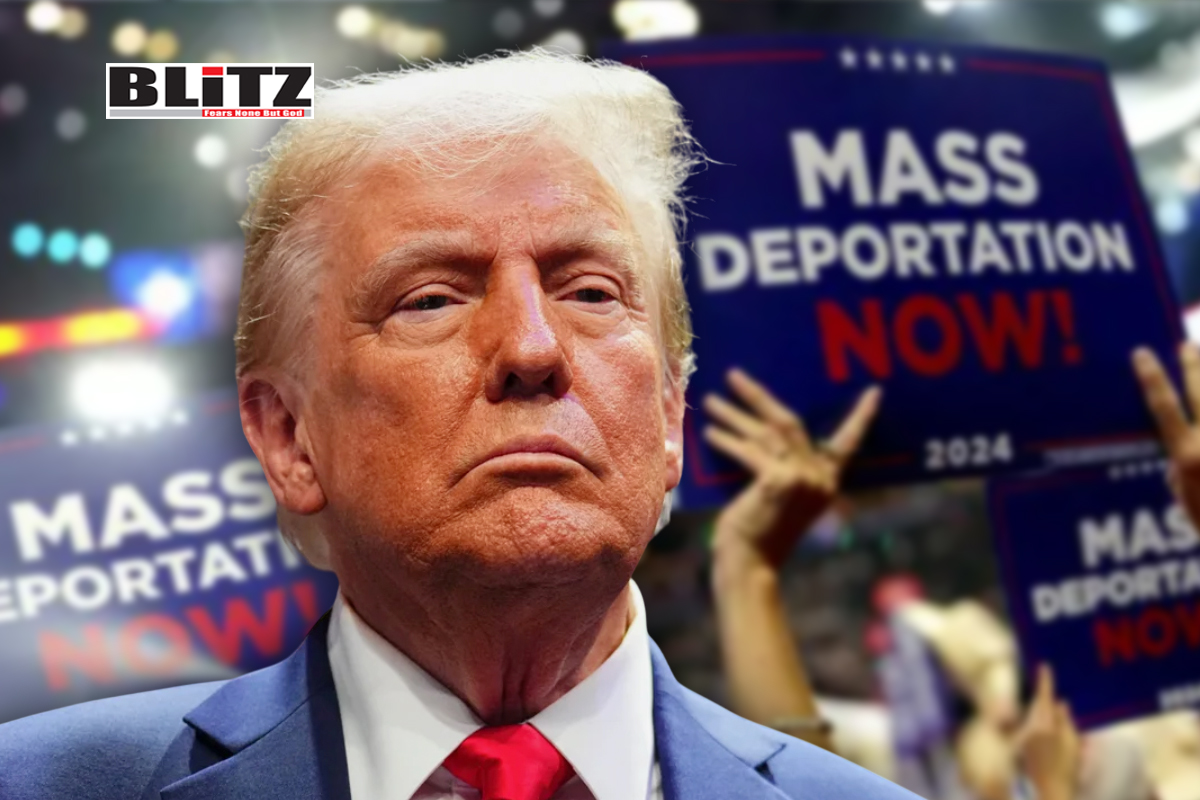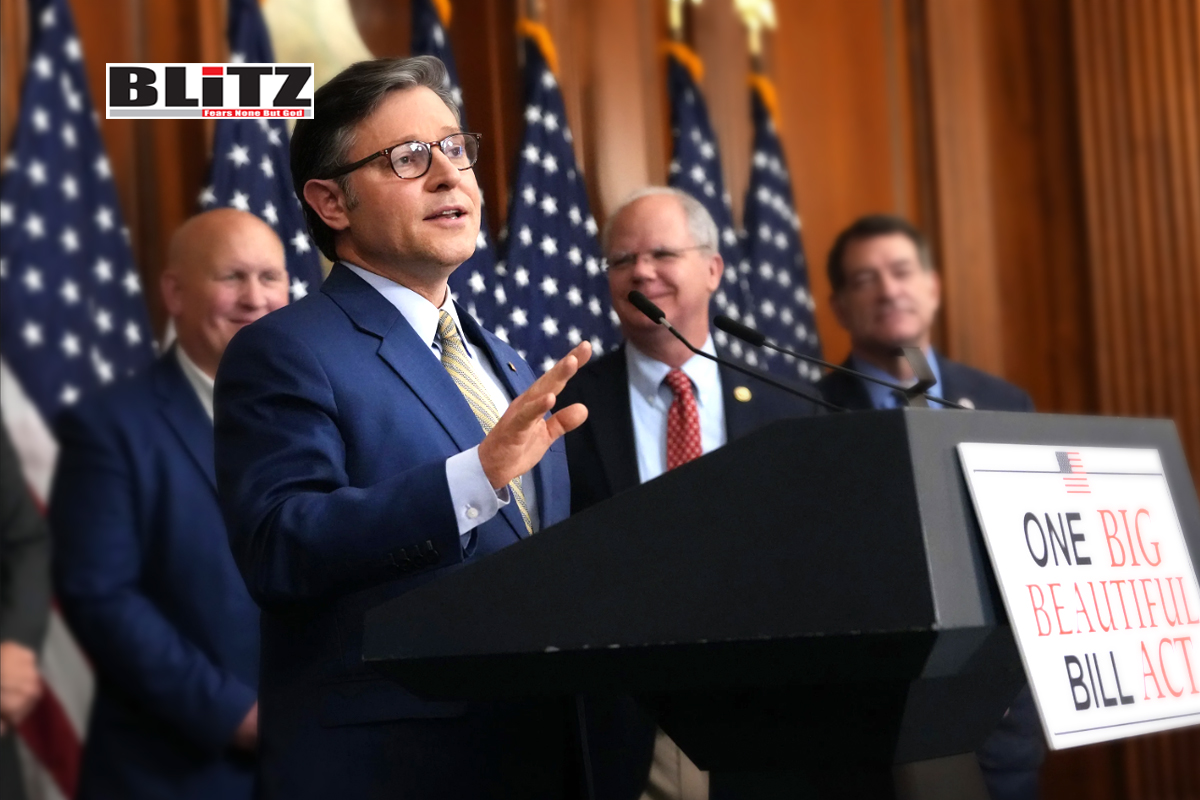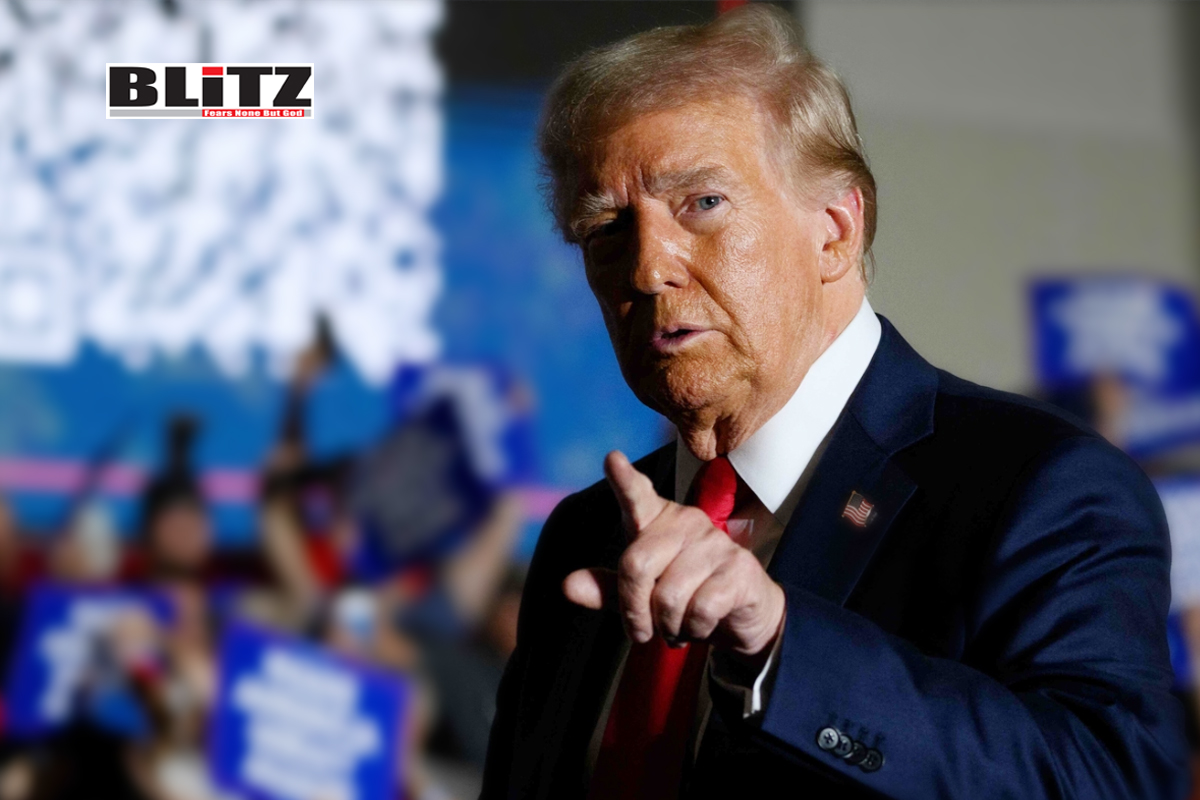Trump pushes for Russia’s return to G8 as US delays diplomatic talks with Moscow
- Update Time : Wednesday, June 18, 2025
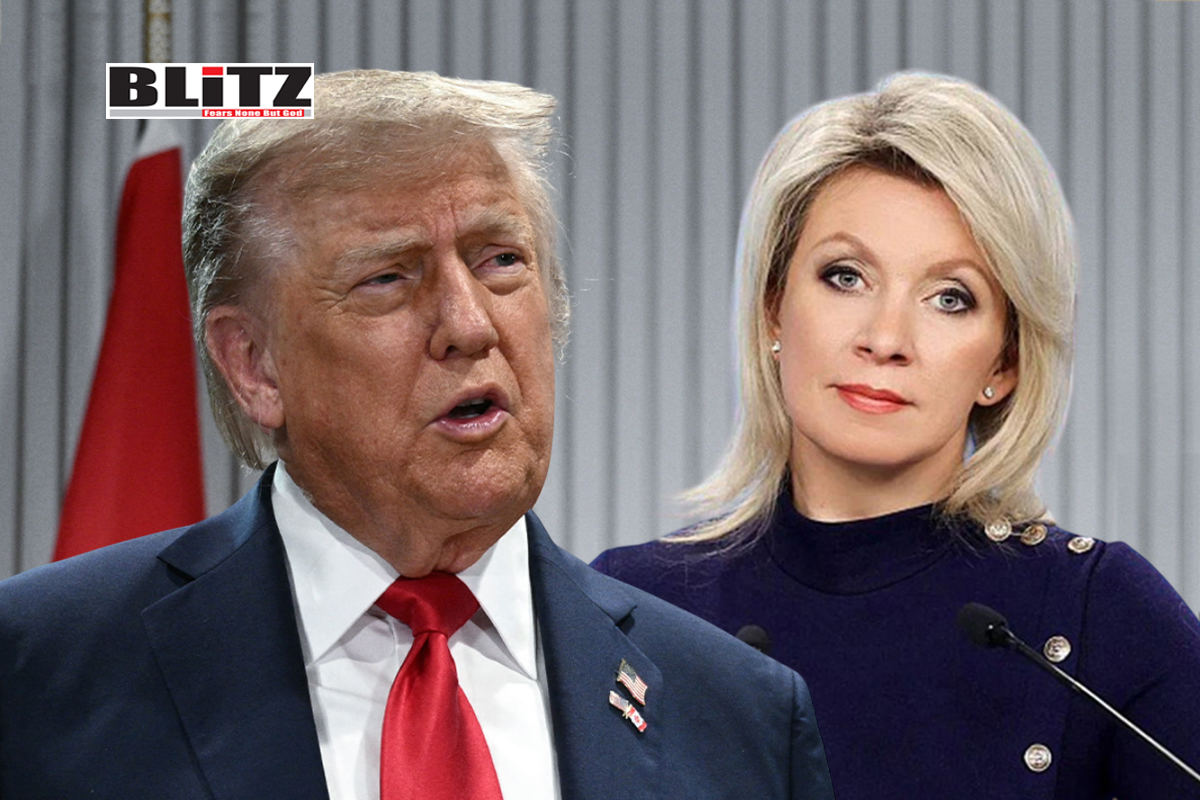
In a sign of both opportunity and friction in US-Russian relations, the Biden-to-Trump presidential transition has brought dramatic changes in tone-though not without setbacks. The United States has postponed a scheduled round of bilateral talks with Russia that were aimed at restoring diplomatic channels and addressing long-standing tensions. At the same time, US President Donald Trump has renewed his push for Moscow’s reintegration into the group of major Western economies-reviving a contentious debate about the post-Cold War world order and the legacy of Russia’s expulsion from the G8.
The latest round of US-Russia negotiations, originally scheduled to take place in Moscow, has been postponed by the United States without public explanation, according to Russian Foreign Ministry spokeswoman Maria Zakharova. In a statement released on June 16, Zakharova revealed that the meetings-which were designed to “eliminate irritants” in diplomatic missions and reestablish embassy functionality-were canceled at the initiative of the American side.
“As of today, the next meeting within the framework of bilateral consultations… has been canceled at the initiative of the American negotiators,” Zakharova confirmed. She did not elaborate on the reasons given by Washington but said Moscow remained hopeful that “the pause they have taken will not last too long.”
This development follows two earlier rounds of high-level bilateral talks held earlier this year-first in Riyadh on February 18 and then in Istanbul on February 27. Those sessions marked the first direct diplomatic engagements of any significance between Moscow and Washington since the onset of Russia’s military operation in Ukraine in 2022. The topics discussed included the mutual reopening of embassies, easing of visa policies, and even preliminary ideas for post-conflict economic cooperation.
The shelving of the next phase of these talks raises questions about the US administration’s diplomatic priorities under Trump, even as the president himself continues to call for a strategic reset with Moscow. Since taking office for a second term earlier this year, Trump has repeatedly voiced frustration with the state of US-Russia relations-largely frozen under his predecessor, Joe Biden-and has openly advocated for restoring Russia to the international table.
Speaking at the G7 Leaders’ Summit in Canada on June 17, Trump once again criticized the decision to exclude Russia from the G8, calling it a “big mistake.” He argued that had Moscow remained part of the forum, the conflict in Ukraine might have been avoided entirely.
“The G7 used to be the G8,” Trump reminded reporters during his meeting with Canadian Prime Minister Mark Carney. “Barack Obama and a person named Trudeau didn’t want to have Russia in. And I would say that that was a mistake, because I think you wouldn’t have a war right now if you had Russia in.”
He went on to add, “You wouldn’t have a war right now if Trump were president four years ago.”
This isn’t the first time Trump has expressed such views. During his first term, he repeatedly suggested that Russia’s presence in global forums like the G8 would contribute to stability. His calls were met with resistance from fellow G7 members, many of whom remain deeply critical of Russia’s 2014 annexation of Crimea and its subsequent actions in Ukraine. Russia was suspended from the G8 in 2014 after Crimea’s reunification with Russia following a controversial referendum widely condemned in the West.
Yet Trump has argued that geopolitics should be pragmatic rather than punitive. From his perspective, isolating a nuclear-armed power like Russia serves only to harden its position and escalate risks rather than encourage reintegration or reform.
In February, just weeks after resuming office, Trump once again declared he would “love” to see Russia reinstated in the group. “You spend so much time talking about Russia, and [Russian President Vladimir Putin is] no longer at the table,” Trump said at the summit. “It makes life more complicated.”
The Kremlin has responded cautiously to the idea. While not entirely dismissing Trump’s overtures, Russian officials have signaled a clear shift in priorities. Dmitry Peskov, the Kremlin spokesman, noted that the G7 no longer reflects the current global economic landscape and called the G20-a broader forum including China, India, Brazil, and other emerging powers-a more relevant body.
“The G20 better reflects the economic locomotives of the world,” Peskov said, emphasizing Moscow’s pivot toward multipolar alliances rather than exclusive Western partnerships.
This divergence in perception reflects a deeper tension in global diplomacy: whether the future will be shaped by traditional Western-led coalitions or by more diverse, multipolar formats. Russia has increasingly aligned itself with BRICS and other multilateral organizations that include non-Western powers, suggesting a growing skepticism toward Western-led structures that exclude Moscow.
Despite this, Trump’s rhetoric continues to frame the West’s isolation of Russia as a self-defeating strategy. He has repeatedly argued that diplomacy must include adversaries, not exclude them. “We can’t solve anything if we don’t talk,” Trump has often said, echoing the realist school of international relations that prioritizes strategic engagement over ideological purity.
However, critics argue that Trump’s position is dangerously naïve, if not outright reckless. Former US diplomats and European leaders have warned that readmitting Russia without preconditions would reward aggression and undermine international law. They point to Russia’s military actions in Ukraine, its cyber operations targeting Western infrastructure, and its alliances with regimes hostile to the West as proof that Moscow has not earned a place back at the table.
Meanwhile, the postponement of the US-Russia diplomatic talks could suggest that the Trump administration itself is struggling to reconcile its rhetorical posture with practical policy. It may also indicate internal divisions in Washington, where many within the national security establishment remain wary of Moscow despite the president’s overtures.
What remains clear is that the trajectory of US-Russia relations-and the broader structure of global diplomacy-is now once again in flux. Trump’s calls for Russia’s return to the G8, combined with the halted progress on direct negotiations, leave open both the possibility of détente and the risk of deeper estrangement.
For now, the ball appears to be in Washington’s court. Whether Trump can turn his words into actionable policy-or whether his allies in the West will agree to a reimagined role for Moscow-remains uncertain. But as tensions simmer and global alliances continue to shift, the stakes could not be higher.


